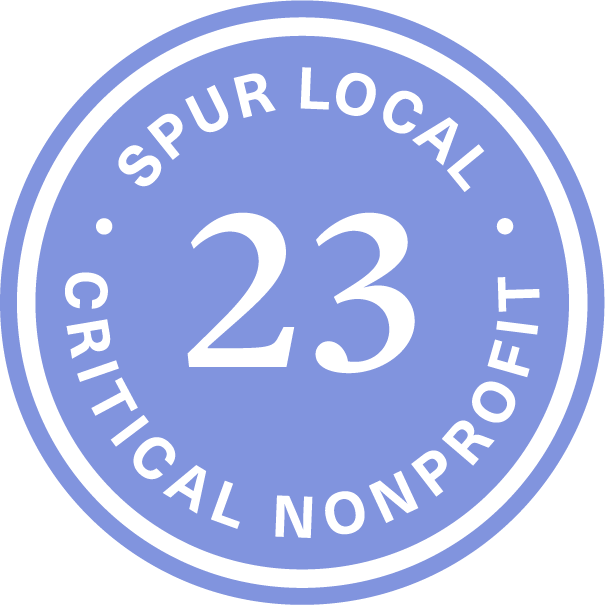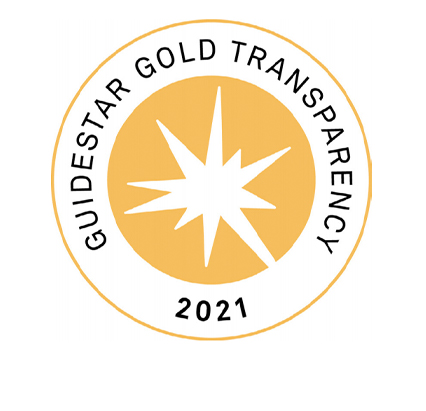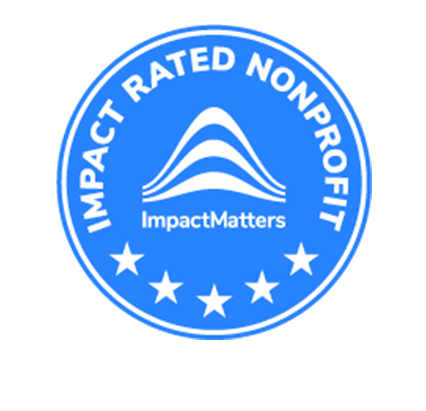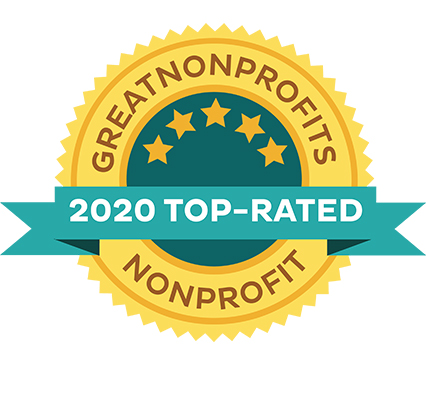Note: This is the fifth post in DASH’s ongoing What It Takes blog series, which examines and explains the various factors that make getting safe from abuse so difficult. Each post explores factors that survivors have to navigate on their journey to finding safety. Learn more about the campaign at the What It Takes page, and please spread the word: #WhatItTakesDC.
This is a guest post from the DASH Community Housing Resource Specialist.
I am Community Housing Resource Specialist at the DASH Housing Resource Clinic. The Clinic takes place on Wednesdays from 1:30-3:30pm at the Westminister Presbyterian Church on 400 I St SW, DC.
The Housing Resource Center is the hub of DASH’s efforts to prevent homelessness among domestic violence survivors. Through the Housing Resource Center, DASH staff partner with My Sisters Place and the DC Volunteer Lawyers Project we work to provide a full spectrum of legal, housing and counseling services for survivors. We assist survivors in completing housing applications, obtaining safety transfers, navigating the public housing system, and making connections to community services in order to help them find safety from abuse.
The Clinic is a judgment free zone, it’s a place for survivors to come and talk through their situation in a safe, clean space.
Providing Support for Survivors
Each week I work with between 6 and 25 men and women from all backgrounds and situations. There is no typical day at the clinic because no domestic violence situation is the same. Last week I spoke with a survivor who traveled from a small town in Delaware to talk to DASH about our services. She came from a small community with one shelter, her husband of 23 years would find out if she tried to access services there. Survivors come to the clinic in a variety of emotional states. Some are young and desperate, in the middle of a new domestic violence relationship, others have been with the same abuser for decades and finally decided it was enough, but regardless – they all need a safe place to go. I work with them to find some normalcy and stability.
The Clinic is a judgment free zone, it’s a place for survivors to come and talk through their situation in a safe, clean space. Sometimes talking is all they need, they just need someone to say, “you can do this”. I worked with a woman in the process of leaving her abuser who couldn’t access housing because she had a $2,400 unpaid debt. While we were in the process of trying to support her financially through the Survivor Resilience Fund – she called the collection agency herself and negotiated her debt down to $1,000, set up her own payment schedule and decided she didn’t need financial assistance. All she needed was an ear and a safe place to hear herself think.
For some survivors, just seeing other people in the clinic waiting room going through the same thing is enough. It’s creates a sense of community – they are not alone. They often trade resources and tips while they wait.
Barriers to Safety
Many survivors I meet with face additional burdens outside of domestic violence. They often struggle with addiction, lack financial security or have a criminal record. Part of what makes DASH a safe place is that we are not the government or the police. Many of my clients have had negative experiences with Law Enforcement that make it hard for them to put their trust in the police. Some don’t feel that when they’ve called the police, they’ve been taken seriously, while others have even been arrested. I met with a transgender woman who called the police after a domestic violence incidence and had the officer tell her to, “pack a bag and never come back,” which would have pushed her into homelessness. Another officer allegedly told a client to stop drinking and go to bed when she called 911 on her physically abusive husband. Survivors need a place where they feel completely safe, and the DASH Clinic is that place.
The biggest barrier for survivors trying to find safety is housing access. Housing Programs in DC are at capacity – including DASH. I often have to work with survivors for months before I am able to place them in safe housing. Most recently I met with a woman who was living with her two teenagers in her place of employment because they had nowhere else to go when she left her abuser.
We help folks at the Clinic, and that’s why I think it should always be around.
Her first husband and the father of her children had been supportive, loving and calm. When he passed away she remarried to a controlling and emotionally abusive man. She paid the rent in their 3 bedroom house but he wouldn’t let her or her children have a key. He often made them wait outside for 45 minutes when they came home before letting them come in. He timed her teenagers as they used the bathroom before school; each was only allowed 3 minutes to get ready. He even kept a padlock on the fridge that only he had a key to limiting their access to food in the house.
Eventually she decided it was too much. One Saturday she packed all their stuff and took them to her office. The office didn’t have a shower or kitchen so they had to eat take out almost every day. Sometimes they would get a hotel room just to take showers. When her employer found out, she was forced to disclose her abuse and find a new place to stay.
Now at DASH, her children have a place to sleep and be comfortable. They are on time for school; one is graduating this year. She is still working, saving money for her own place. DASH allowed her to take a breath and for the next two years she can plan for the future.
The Housing Resource Clinic is a place where survivors can feel safe and heard. With our partnership with the DC Volunteers Lawyers Project and My Sisters Place, we are able to provide comprehensive, collaborative support for survivors. We help folks at the Clinic, and that’s why I think it should always be around.
Take Action:
You can learn more about what it takes for survivors to get safe at WhatItTakes.org or donate to DASH to support access to safe housing for survivors.




